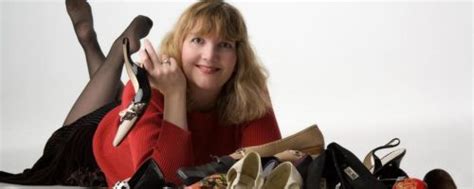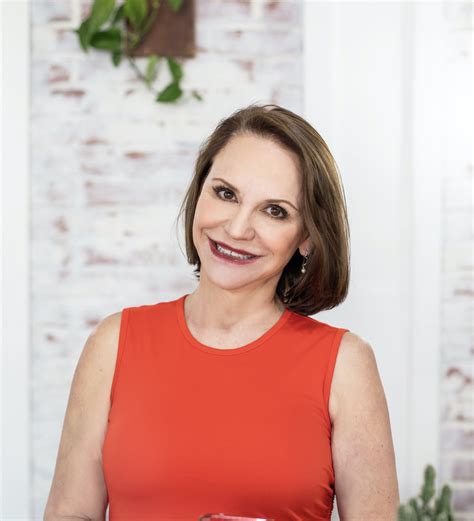A Quote by Carol Drinkwater
After the first Olive Farm book was published, in 2001 I got a three-book deal with Orion for a large sum of money. Obviously it did not come all at once, but it made the difference to living here on a shoestring to being able to turn the whole place around.
Related Quotes
About a year after (my stories began being published), magazine editor George Scithers, suggested to me that since I was so new at being published, I must be very close to what I had to learn to move from fooling around with writing to actually producing professional stories. There are a lot of aspiring writers out there who would like to know just that. Write that book.SFWW-I is that book. It's the book I was looking for when I first started writing fiction.
What shop did this book come from? she asked. Her father was looking worried at the cooker. He always got rice wrong. I don't know, Brooksie, he said, I don't remember. That was unimaginable, not remembering where a book has come from! and where it was bought from! That was part of the whole history, the whole point, of any book that you owned! And when you picked it up later in the house at home, you knew, you just knew by looking and having it in your hand, where it came from and where you got it and when and why you'd decided to buy it.
When I wrote the first Betsy book, 'Undead and Unwed,' I had no idea, none, that it would be a career-defining, genre-defining book, the first of over a dozen in the series, the first of over 70 published books, the first on my road to the best-seller list, the first on my road to being published in 15 countries.
When I was first writing 'Feed' - which was the first book I published as Mira - I talked about it very openly on my blog, on Twitter, that I was writing this book, and it wasn't until after it was sold that I said 'Mira Grant' wrote this book. And the reason there was really purely marketing-based.
Regarding R. H. Blyth: The first book in English based on the saijiki is R. H. Blyth's Haiku, published in four volumes from 1949 to 1952. After the first, background volume, the remaining three consist of a collection of Japanese haiku with translations, all organized by season, and within the seasons by traditional categories and about three hundred seasonal topics.




































